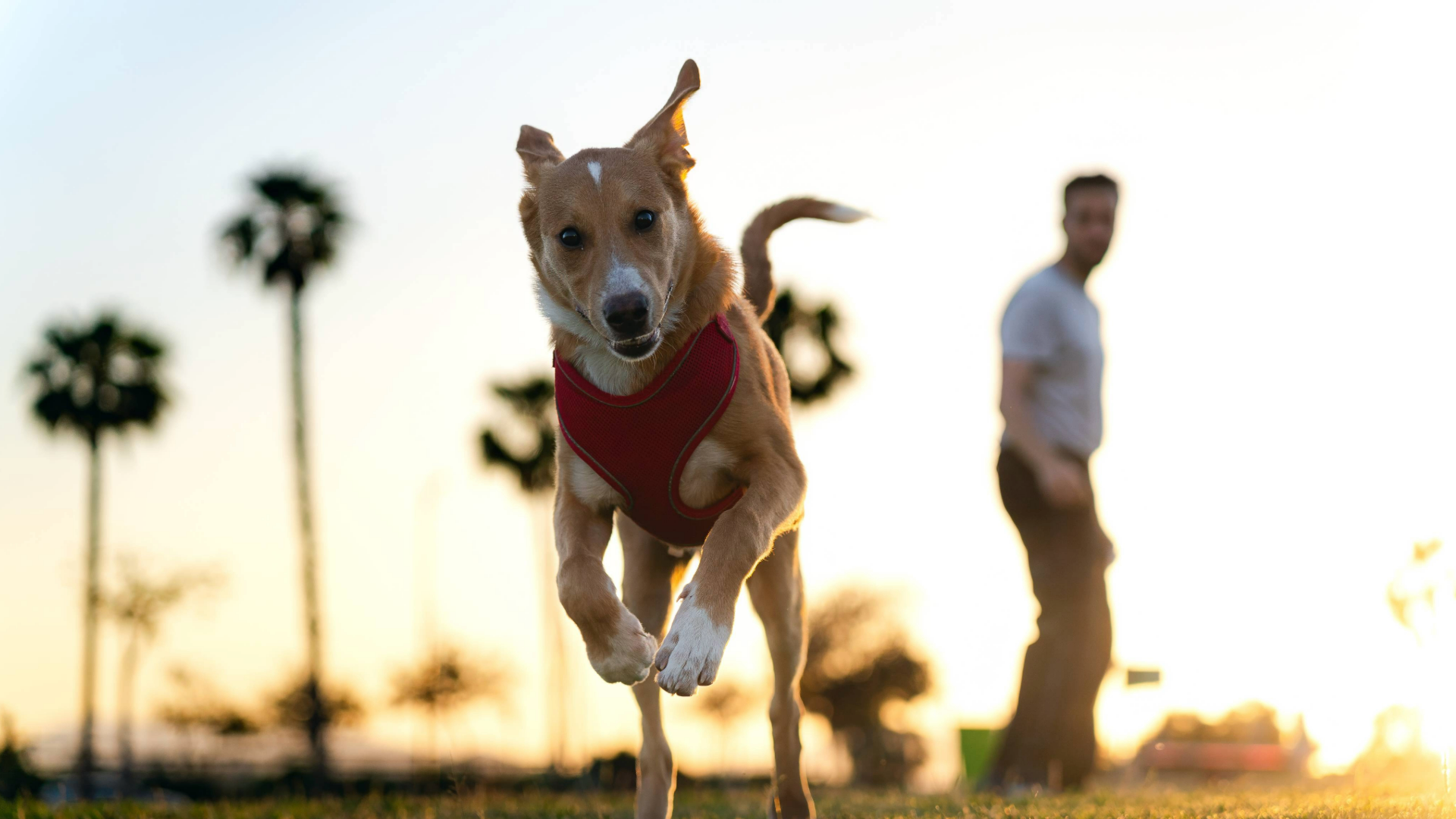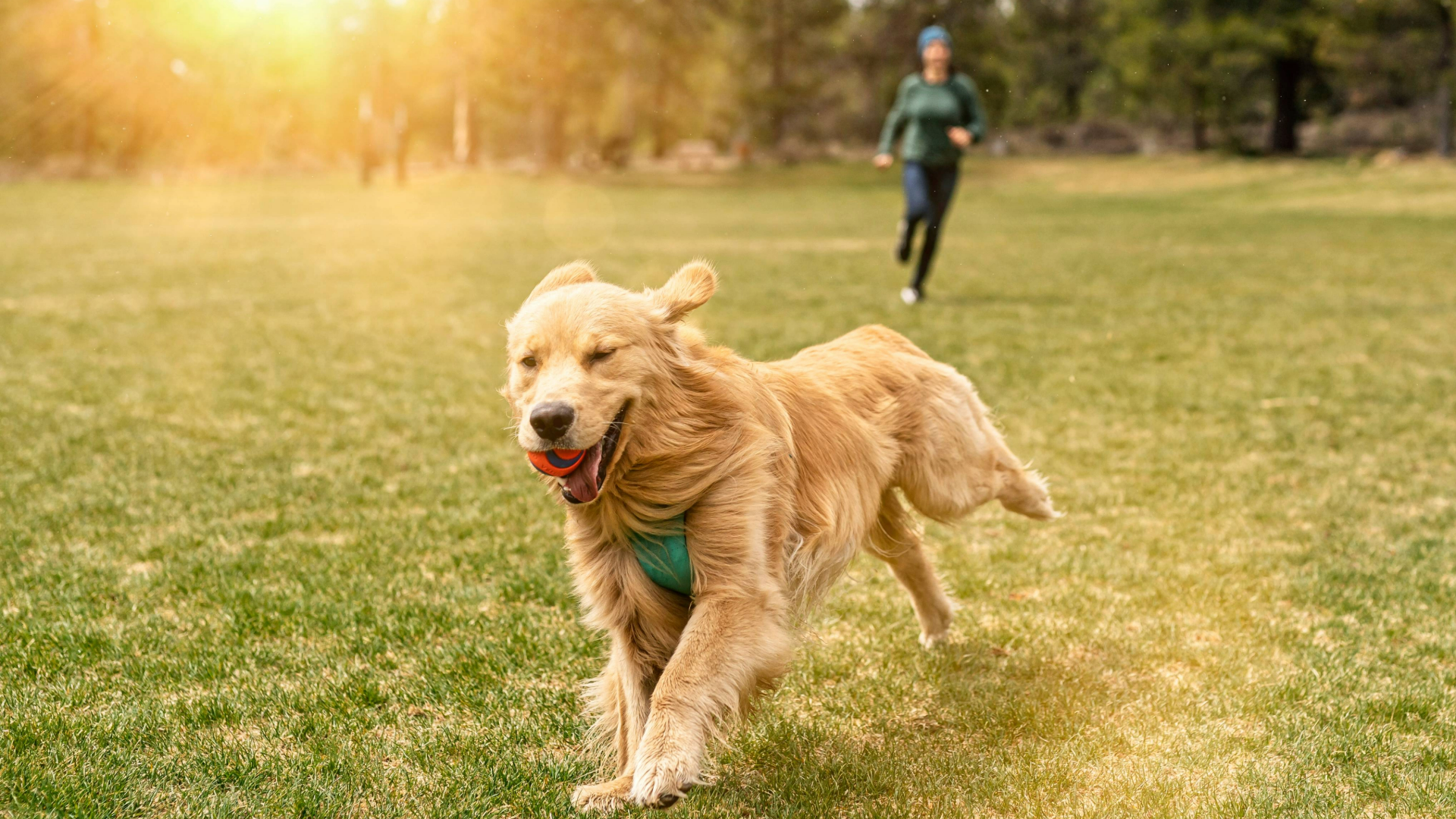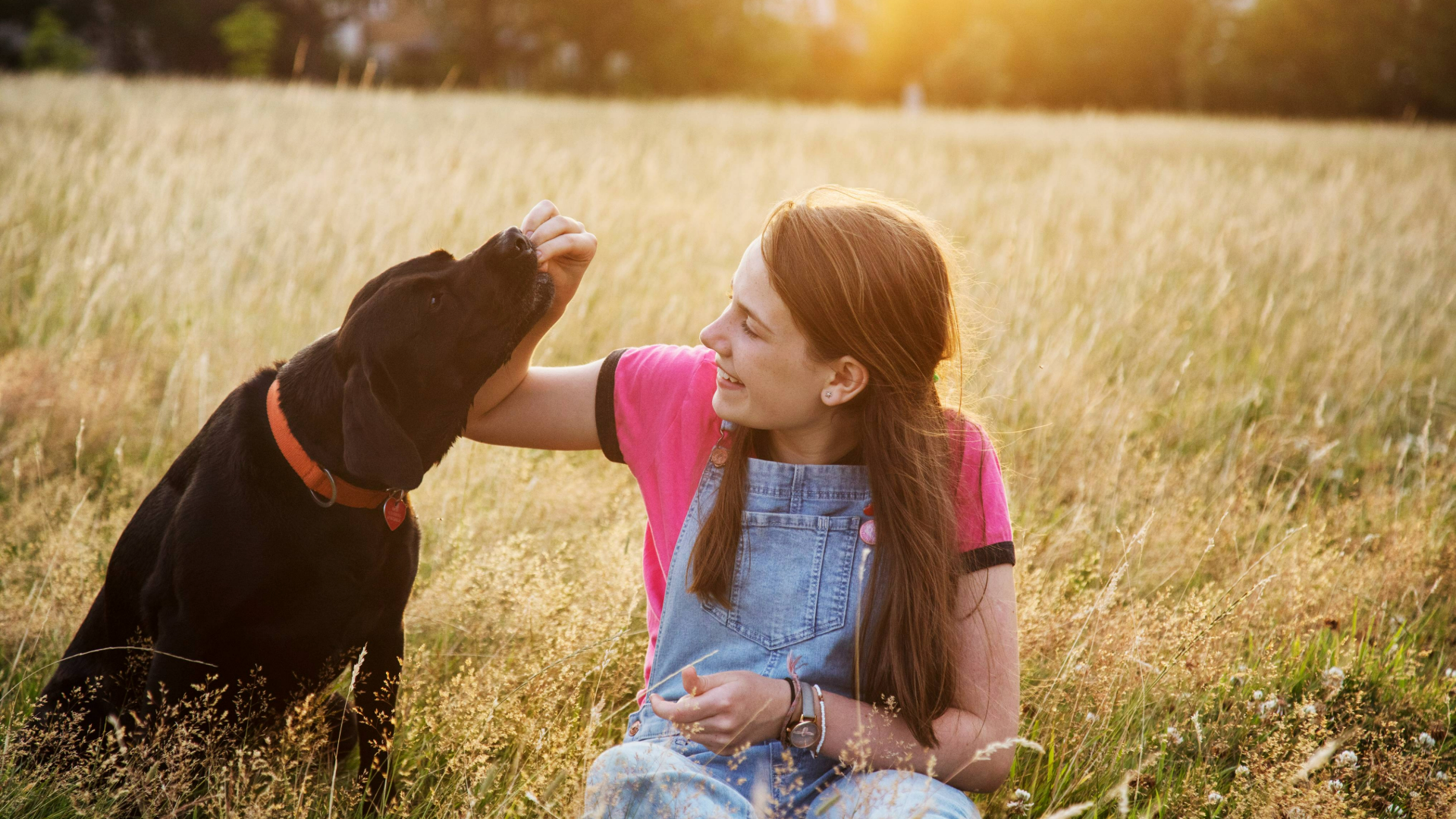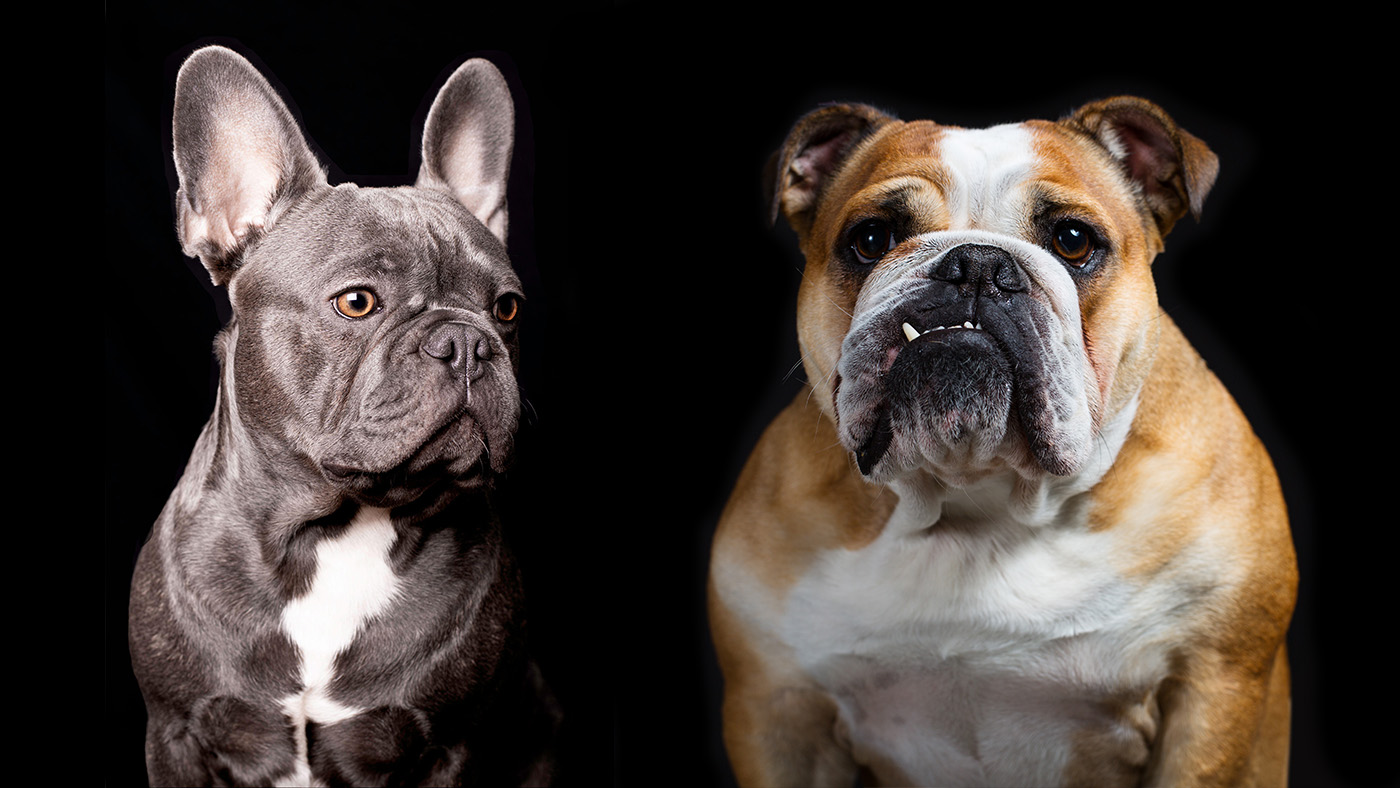5 reasons why your dog’s recall isn’t working (and what you can do about it)
Are you making these common recall mistakes? Don’t worry – it’s not too late to fix them, and our behaviorist is here to help!

If you're struggling with your dog's recall, it can make walk time a lot less enjoyable, fueling worry about whether they'll come back.
Training recall in dogs is one of the most important skills you'll ever teach them, and until you've mastered it, it's crucial to keep them clipped onto one of the best dog leashes while you're out and about.
To help you figure out where you might be going wrong, we’ve called in qualified canine behaviorist Jan Barley, who has lived with dogs for more than 50 years and has plenty of recall tips to share. Below, she reveals five of the biggest mistakes that dog owners make when it comes to teaching recall:
Why your recall isn’t working
It’s easy to get recall training wrong by making simple mistakes.
1. Using a harsh voice
Repeatedly yelling a recall in a loud or harsh voice could make your dog nervous to return to you. A dog may worry you are angry. However, I will add a caveat to this mistake. Once you have a solid recall, practice using a loud voice occasionally in a secure environment.
The reason for my suggestion is that dogs can get lost in sensory experiences, such as chasing a deer, so they zone out from your recall. A loud voice can snap them out of that mindset.
Use it sparingly and not with nervous or sensitive dogs. Praise and reward profusely when your dog returns. It could be a lifesaver in risky circumstances.

2. Repeating the dog's name
Avoid repeatedly calling your dog’s name or any command because it teaches them to ignore it. Start with your dog’s name and chosen word, such as “Poppy, come.”
Then, if your pup ignores you, try the whistle. After that, get creative. Make it fun, and don’t repeat words or your pup’s name.
3. Not rewarding a recall
Always carry tasty treats when out walking. Call your dog every few minutes at variable intervals during a walk and vary when you give a treat. It’s more psychologically stimulating to a dog's brain when rewards are sporadic. At times, they may get a "treat party" from you and that is exciting for them.
If your dog does a super-impressive recall, always give them a treat party by dropping several treats at a time and lots of praise.

4. Letting your dog off the leash before the recall is 100%
Every time your dog ignores you, it solidifies a poor recall. Your pup must “earn” the right to be off the leash. If your dog doesn’t recall consistently, walk on a long line or extension leash during training.
When you start working off leash, hire a secure field so you have some control over the environment.
5. Not increasing the recall distance gradually
Recall training begins with your dog next to you. Gradually, extend the distance –practice in the house and garden. After that, attach to a long line and harness out walking.
The next step is to let the line trail on the ground. I use a 100’ line and don’t let the dog go further than about 60’ ahead.
At times, your dog’s recall may progress and then slip back. Don’t worry. Take a step back if necessary and trust that your dog will get a reliable recall as long as you are consistent, stay positive and avoid these mistakes.
Found this helpful? Read next: how I rebuilt my dog's recall skills with the help of a trainer and what high prey drive in dogs means

Jan is a dog behaviorist and writer living in the Cotswolds, UK. She has shared her life with dogs for over fifty years and is fascinated by behavior. She enjoys helping people better understand their dogs to develop a deep bond and enjoy time together. Jan particularly enjoys working with impulsive and reactive dogs as her legacy from helping Poppy, her rescue Weimaraner cross overcome fear reactivity.
Edited by Megan Milstead.
Recent updates
This page was last updated in March 2025 by Jan Barley.
PetsRadar Newsletter
Get the best advice, tips and top tech for your beloved Pets

Jan is a dog behaviorist and writer living in the Cotswolds, UK. She has shared her life with dogs for over fifty years and is fascinated by behavior. She enjoys helping people better understand their dogs to develop a deep bond and enjoy time together. Jan particularly enjoys working with impulsive and reactive dogs as her legacy from helping Poppy, her rescue Weimaraner cross overcome fear reactivity.
- Megan MilsteadStaff Writer
